Australia supports Vietnam in developing its potential
Details on Australia’s role in Vietnam’s growing logistics industry were discussed at the VET International Forum last week in Hanoi. For the past six years, Australia has supported Vietnam with developing the Logistics Industry Reference Council, making forecasts on vocational skills, providing skills standards, and contributing to the development of new training courses for lecturers and students of vocational schools.
Australia, through the Aus4Skills human resource cooperation development programme, is also supporting Vietnam to promote labour training for the logistics industry, to ensure that vocational school graduates meet both the current and future skills requirements.
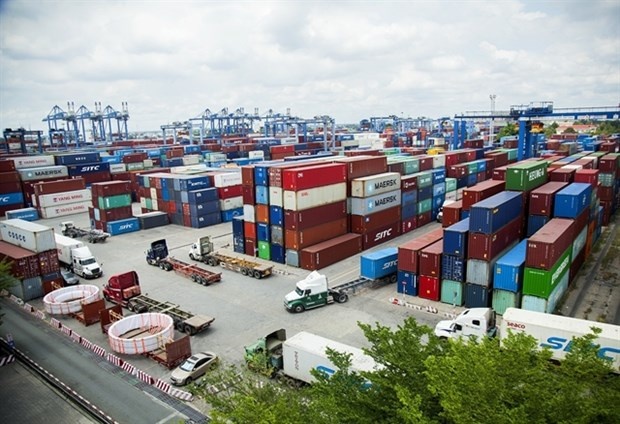 |
| Tan Cang – Cat Lai Port in HCM City. The logistics industry has yet to fully tap its potential. (Photo: VNA) |
The skills developed in the logistics industry are essential for countries with large supply systems like Vietnam. According to Australian Ambassador to Vietnam Andrew Goledzinowski, Australia has a well-developed vocational education system and the two countries will continue to work together to ensure that Vietnam has an effective and sustainable system, allowing the workforce to be fully equipped with the knowledge for the future.
“We have helped Vietnam connect businesses, governments, and vocational education institutions together to allow students to develop the necessary skills,” he said.
Vietnam is ranked 11th in a group of 50 global emerging logistics markets, according to Agility 2022 rankings. With an average growth rate of 14-16 per cent and a scale of $40-42 billion per year, the country is aiming to increase the growth rate of logistics services to 15-20 per cent and increase the industry’s contribution to GDP to 8-10 per cent by 2025.
Australia is also a major partner of Vietnam in the field of innovation. The Australian government has been investing in the development of an innovation ecosystem in Vietnam since 2018 through its flagship Aus4Innovation programme.
In June this year, Australia announced additional funding of more than $10.7 million to support Vietnam in building an innovation ecosystem towards 2028, making it a 10-year commitment with a total budget of nearly $22.5 million.
The scheme has explored emerging areas of technology and digital transformation, trialled new models for partnerships between public and private sector institutions, and strengthened Vietnamese capability in digital foresight, scenario planning, science commercialisation, and innovation policy.
Jonathan Law, executive director of growth of the Commonwealth Scientific and Industrial Research Organisation, Australia’s national science agency, explained that the next phase of the Aus4Innovation initiative would build upon the solid foundations already established.
“Over the next five years, it will put a stronger focus on areas of Vietnam’s priorities, such as resilient agriculture and food, as well as introducing appropriate interventions for the digital era, including responsible AI,” he said.
Vietnam is an essential economic partner for Australia. Two-way trade reached $16 billion in 2022, making Vietnam the 10th largest trade partner of Australia, while and Australia became Vietnam’s seventh-largest trade partner.
In terms of bilateral investment, Australian investors are operating almost 600 projects in Vietnam with total registered capital of approximately $2 billion, ranking 20th out of 143 countries and territories investing here. Ventures mostly focus on the processing industry, manufacturing, accommodation and catering services, and agro-forestry-fisheries.
Australian businesses are investing in Vietnam and teaming up with domestic business partners in resources and energy, with a focus on renewables,
batteries for electric vehicles, and energy storage solutions, to contribute to Vietnam’s net-zero commitments.
Meanwhile, Vietnamese businesses have invested around $500 million in Australia. Recent investments from top Vietnamese firms such as TH Group, Hoa Phat Group, TTC AgriS, and Vitadairy demonstrate the many opportunities that Australia has offered to Vietnamese investors, as well as the complementarity and diversification potential between the two countries’ supply chains.
| Andrew Goledzinowski, Australian Ambassador to Vietnam
Education is one of the pillars of the Vietnam-Australia partnership, and we’re looking not just to university education, but vocational and vocational education and training. It’s becoming more and more important in Australia because in a modern economy, you just don’t need university degree holders, you need people with technical expertise. The other important aspect is making sure that everybody has the opportunity to join the economy to the maximum of their potential, and that means we focus on gender equality, and also on giving people with disabilities the opportunity to participate in economic life. Again, vocational education and training is the pathway to allow that to happen. Vietnam wants to meet its ambitious goal of becoming a high-income economy by 2045, so this is actually a significant time. We have a pilot project with a number of colleges around logistics. Logistics is vital in Vietnam as it is in Australia because we are our country’s long supply chain. And in Vietnam, there’s a big shortage of people with relevant technical skills to participate in logistics. So we hope that this pilot project, which is very much working with industry and with colleges, will be mainstreamed across the entire Vietnamese system. The key is to transfer the learnings from this pilot process into the broader Vietnamese education system. If we can achieve that, then we’ll be very successful. |
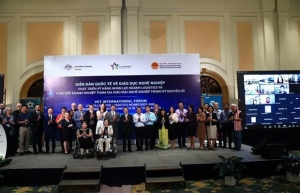 | Australia helps Vietnam upskill logistics workforce An international forum on vocational education and training (VET) themed “Upskilling the Logistics Workforce and Promoting Industry Linkages in the Digital Era” took place in Hanoi on October 24 as part of activities in the Vietnam - Australia Human Resource Development Programme (Aus4Skills). |
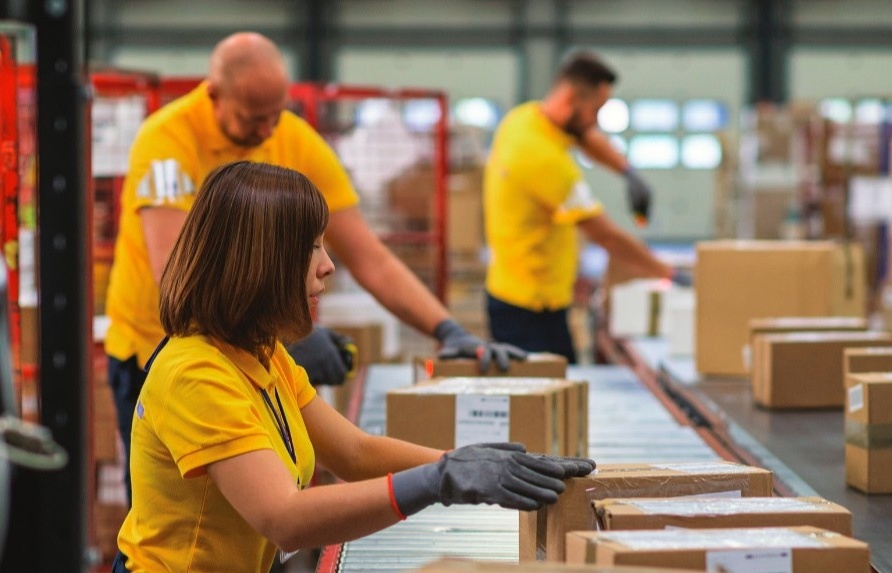 | Promoting vocational education in logistics Vietnam has numerous opportunities to drive the development of the logistics industry, yet it still faces a shortage of professionally trained personnel. |
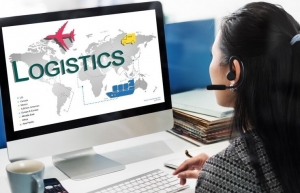 | Logistics talent needs foot up Despite Vietnam’s rapid logistics expansion, the sector is at a critical juncture in talent development to sustain its significant expansion and global competitiveness. |
What the stars mean:
★ Poor ★ ★ Promising ★★★ Good ★★★★ Very good ★★★★★ Exceptional
Related Contents
Latest News
More News
- SK Innovation-led consortium wins $2.3 billion LNG project in Nghe An (February 25, 2026 | 07:56)
- THACO opens $70 million manufacturing complex in Danang (February 25, 2026 | 07:54)
- Phu Quoc International Airport expansion approved to meet rising demand (February 24, 2026 | 10:00)
- Bac Giang International Logistics Centre faces land clearance barrier (February 24, 2026 | 08:00)
- Bright prospects abound in European investment (February 19, 2026 | 20:27)
- Internal strengths attest to commitment to progress (February 19, 2026 | 20:13)
- Vietnam, New Zealand seek level-up in ties (February 19, 2026 | 18:06)
- Untapped potential in relations with Indonesia (February 19, 2026 | 17:56)
- German strengths match Vietnamese aspirations (February 19, 2026 | 17:40)
- Kim Long Motor and AOJ Suzhou enter strategic partnership (February 16, 2026 | 13:27)

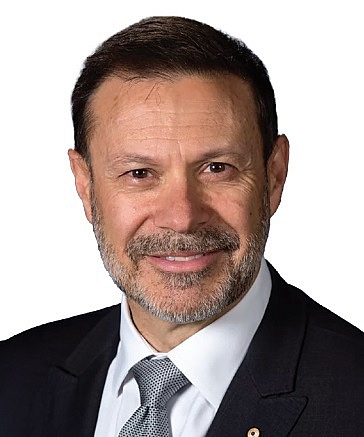
 Tag:
Tag:




















 Mobile Version
Mobile Version